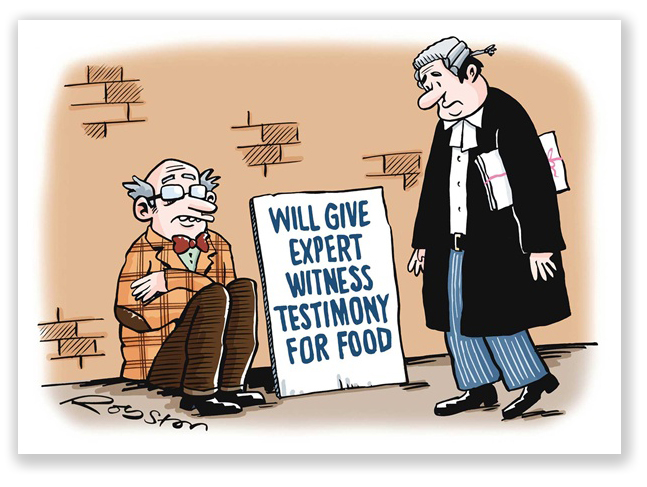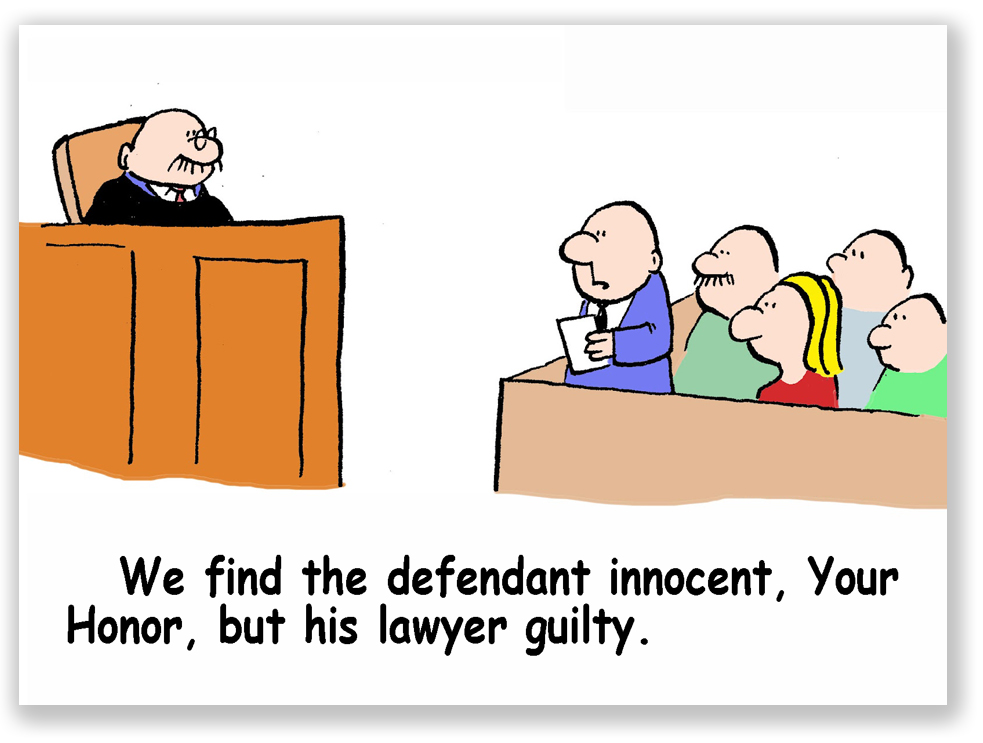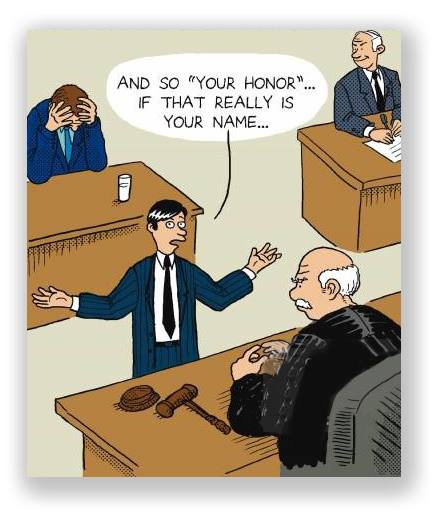We’re still doing a weekly newsletter … we’re just posting pieces of it every day. The news is fresher this way …
WHAT DID JESUS DO? WE NOW KNOW THAT – WHATEVER IT WAS – IT WASN’T CONSPIRACY
 Jesus Martinez-Cruz likes the United States. Perhaps a little too well. He probably did not know, the last time he crossed the border illegally, that he would be the subject of a breakaway holding on generic conspiracy law.
Jesus Martinez-Cruz likes the United States. Perhaps a little too well. He probably did not know, the last time he crossed the border illegally, that he would be the subject of a breakaway holding on generic conspiracy law.
Jesus, a Mexican citizen, was picked up by the Border Patrol backpacking with a friend along Interstate 10 in Arizona. Unfortunately, their backpacks lacked sleeping bags, tents, swimsuits and the makings for S’mores. Instead they were stuffed with about 150 lbs. of marijuana.
When Jesus was sentenced, his Guideline for unlawful entry – USSG Sec. 2L1.2(b)(1)(B) – imposed an additional 12-level enhancement if the defendant had “a conviction for a felony drug trafficking offense for which the sentence imposed was 13 months or less,” or an 8-level enhancement if the defendant has “a conviction for an aggravated felony.” Application Note 5 to Sec. 2L1.2 defines “prior convictions of offenses counted under subsection (b)(1)” to include the offenses of “aiding and abetting, conspiring, and attempting, to commit such offenses.” The Application Notes do not define exactly what “conspiring” might be.
Jesus previously had been removed from the United States after being convicted of a federal drug conspiracy under 21 U.S.C. Sec. 846. Thus, the district court added the 8 levels, despite Jesus’s crafty argument that because the Guidelines do not define “conspiracy,” the common-law definition must apply. This is important because, at virtually all state conspiracy laws (and for that matter, the garden-variety federal conspiracy offense at 18 U.S.C. Sec. 371), require that there be an agreement to commit the crime and at least one overt act in furtherance of the conspiracy. The drug conspiracy statute – 21 U.S.C. Sec. 846 – does not require an overt act.
The district court was not swayed by Jesus’s argument that the lack of an overt-act requirement in the drug conspiracy statute meant that the prior should not be counted. Yesterday, however, the 10th Circuit agreed with Jesus.
The Circuit held that it assumes that an enumerated offense in the Guidelines “refers to the generic, contemporary meaning of the offense.” The Court uses the “categorical approach” of relying only on the statute underlying the prior offense to “ensure that the elements of that generic enumerated offense are congruent with the elements of the defendant’s prior offense.” The Court decided that the Application Note was not clear that the federal drug conspiracy offense was intended to fall within the meaning of the term “conspiracy” used in the Guideline, so it had to resort to the “categorical approach.”
 Applying the categorical approach, the Court held that while “the number of federal statutes allowing for conspiracy convictions without proof of an overt act is much larger than those requiring an overt act, that by itself is not dispositive because of the narrow nature of many of the federal statutes — here, we are defining conspiracy generally (the states also define conspiracy generally). Of the federal statutes which could have applied to Martinez-Cruz’s conviction, the broadest federal conspiracy statute, § 371, requires proof of an overt act—while the drug statute, § 846, does not. And while the common law of conspiracy did not require an overt act… most jurisdictions have jettisoned that doctrine. Under the categorical approach, we look to the law’s current state.”
Applying the categorical approach, the Court held that while “the number of federal statutes allowing for conspiracy convictions without proof of an overt act is much larger than those requiring an overt act, that by itself is not dispositive because of the narrow nature of many of the federal statutes — here, we are defining conspiracy generally (the states also define conspiracy generally). Of the federal statutes which could have applied to Martinez-Cruz’s conviction, the broadest federal conspiracy statute, § 371, requires proof of an overt act—while the drug statute, § 846, does not. And while the common law of conspiracy did not require an overt act… most jurisdictions have jettisoned that doctrine. Under the categorical approach, we look to the law’s current state.”
Considering the weight of current federal and state general conspiracy statutes, the Court said, “we conclude that the generic definition of “conspiracy” requires an overt act. Section 846 does not. Martinez-Cruz’s conspiracy conviction under § 846 is a categorical mismatch for the generic definition of “conspiracy” in U.S.S.G. § 2L1.2 Application Note 5 and he should receive an eight-level enhancement instead of twelve.”
The 10th Circuit decision is at odds with the 5th, 6th and 9th Circuits on the same question. This could set up a Supreme Court review of the question.
United States v. Martinez-Cruz, Case No. 15-2167 (10th Cir. Sept. 12, 2016)


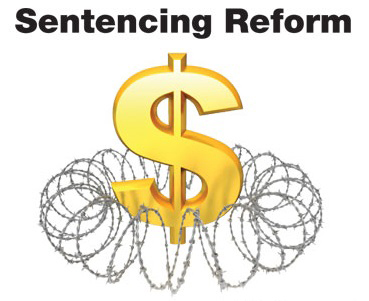 The intention House Speaker Paul Ryan (R-Wisconsin) expressed over the summer to bring the
The intention House Speaker Paul Ryan (R-Wisconsin) expressed over the summer to bring the 

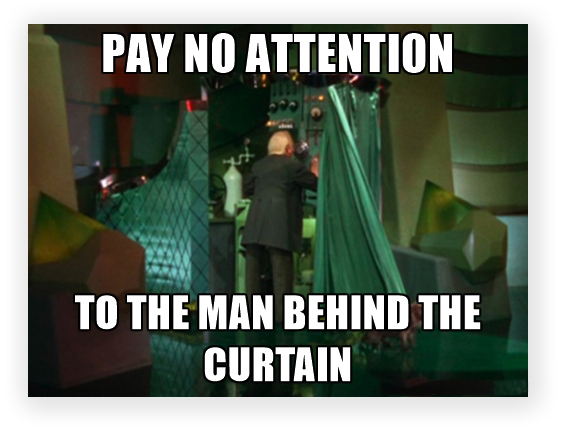
 In 2007, Operation Turnaround fell apart. By then, Jerrell was doing time for an unrelated homicide. He revealed that he had systematically framed targets of Operation Turnaround by using stand-ins to stage drug transactions or by passing off his own drugs as having been purchased from targets under investigation. He claimed that Agent Lucas and another DEA agent were complicit in his actions, specifically those involving Geneva France. He did not implicate any of the RCSO deputies involved.
In 2007, Operation Turnaround fell apart. By then, Jerrell was doing time for an unrelated homicide. He revealed that he had systematically framed targets of Operation Turnaround by using stand-ins to stage drug transactions or by passing off his own drugs as having been purchased from targets under investigation. He claimed that Agent Lucas and another DEA agent were complicit in his actions, specifically those involving Geneva France. He did not implicate any of the RCSO deputies involved.







